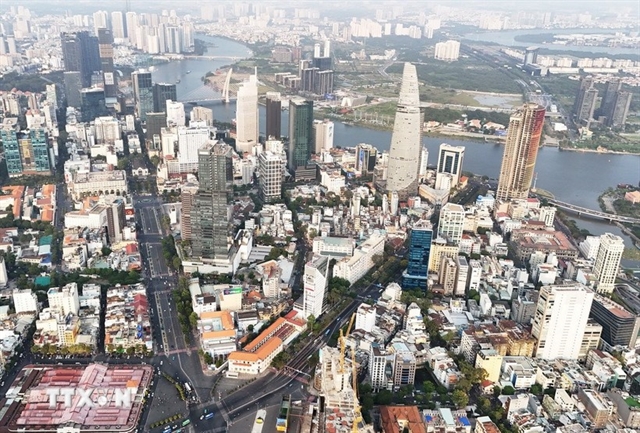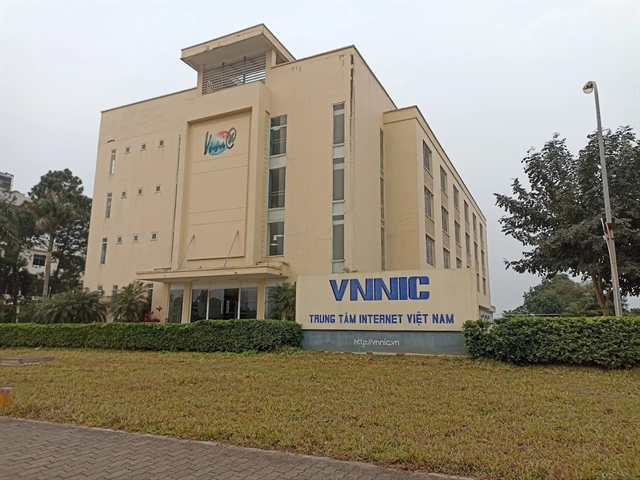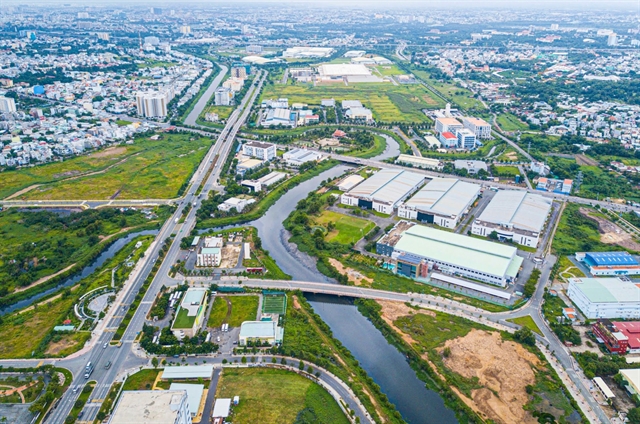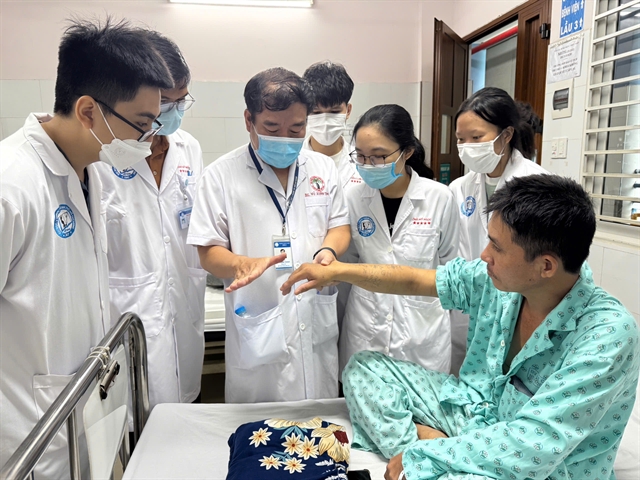 Opinion
Opinion
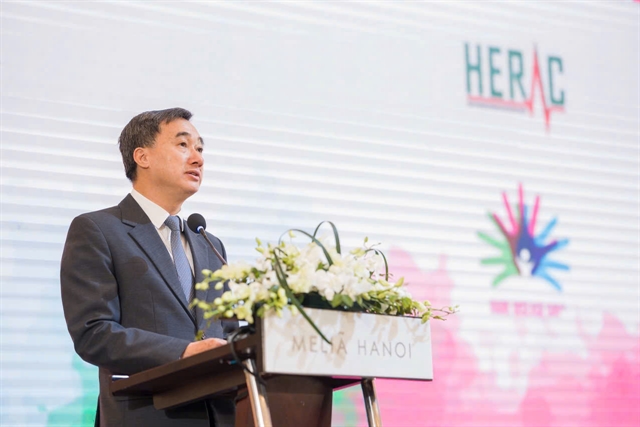
Deputy Prime Minister Vương Đình Huệ talks to Nhà báo & Công Luận (Journalist and Public Opinion) newspaper on the creation of a new management committee for State-owned enterprises
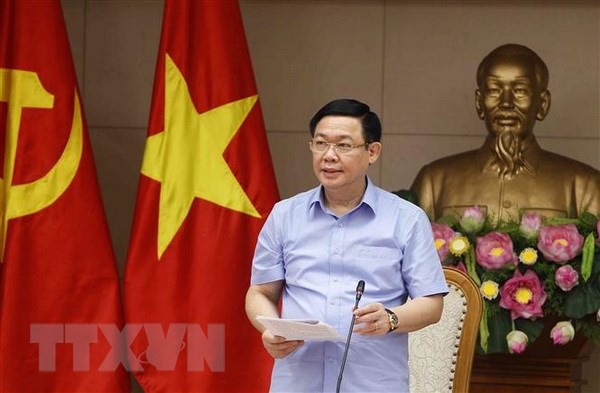 |
| Vương Đình Huệ. — VNA/VNS Photo |
Deputy Prime Minister Vương Đình Huệ talks to Nhà báo & Công Luận (Journalist and Public Opinion) newspaper on the creation of a new management committee for State-owned enterprises
Will you explain why Việt Nam needs to create a National Committee for Management of State Capital (CMSC)?
Under a 2018 decree establishing the CMSC, the committee is responsible for managing State capital in companies that are entirely owned by the State, in joint stock companies and in limited liability businesses with State investment and multiple members.
The committee is the result of a long study period that was designed to determine the best management model for State-owned enterprises (SOEs) and the State capital invested in them.
A specialised committee is needed to restructure national economic growth and ensure a high sustainable growth rate for the economy. That committee will serve as an advisory council for the Party and the Government through the restructuring process to help maximise our resources.
How does the CMSC plan to co-operate with other ministries and the private sector?
The decree laid out a mechanism for co-operation between the CMSC, Government ministries and relevant business sectors. Of course, the decree also details how the committee will interact with other State management agencies.
The CMSC deals with 19 SEOs run by five different ministries. Topping the list is the State Capital Investment Corporation under the management of the Ministry of Finance. The remaining 18 are managed by the ministries of Industry and Trade, Transport, Agriculture and Rural Development and Information and Communications.
This co-operation is vital. We need guidance from the Government on how to ensure the CMSC and ministries collaborate effectively, particularly when it comes to the upcoming transfer of SOEs from their managing agencies to the committee.
What is the CMSC’s main mission?
The CMSC has two main goals: to develop a master plan for the development of SOEs and to co-operate with the agencies to help the enterprises re-organise, change ownership, dissolve or declare bankruptcy when needed.
In other words, the CMSC has been tasked with recommending how best to use State capital. It is also responsible for investment and planning decisions for SOEs.
The committee has the power to ask the Prime Minister to make SOE leadership changes if committee members deem them necessary.
That is quite a lot of assignments. Do you think the CMSC should be granted special powers to enable it to perform its tasks?
The tasks assigned to the CMSC have already been performed by ministries and local people’s committees at all levels. But when the committee starts operating, all 19 of the SOEs will be transferred from their management agencies to the CMSC.
How will the committee handle plants and projects that have been running at a loss?
The message sent by the Prime Minister and the Steering Board of the CMSC was clear: SOEs and economic groups bear responsibility for the performance of their enterprises and projects. The latest reports show many of these enterprises are in the black and have been improving steadily.
It is worth restating that Việt Nam’s economy is driven by the market so we have to follow its rules.
What are the opportunities or challenges that the CMSC will face?
In my opinion, the CMSC’s greatest opportunity is the comprehensive support it will have from Party, the National Assembly, the Government and the people.
The committee will draw on past State capital management lessons to establish workable policies to restructure the SOEs and make them strategically, financially and technologically viable.
I’m confident that with active support from the political system and society in general, the CMSC will become a driving force for the growth of the national economy. — VNS


